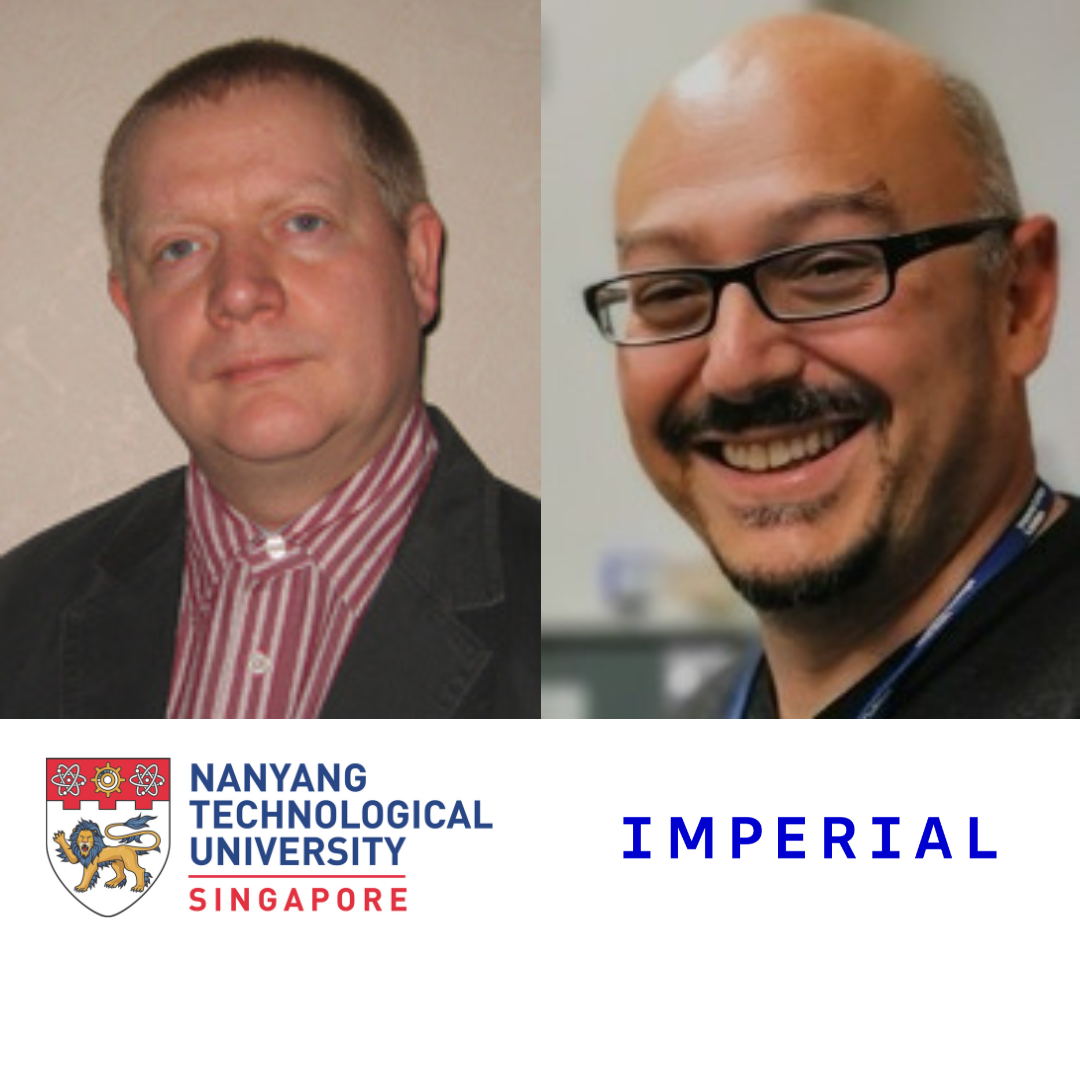

The CRUK Convergence Science Centre is a partnership between Imperial College London and The Institute of Cancer Research. In collaboration with our international partners we arrange a regular international seminar 'Converging on Cancer' on the topic of interdisciplinary cancer research. Our partners are
In this series, we bring together speakers from across these institutions to present their research and how they use convergence science to answer cancer-related questions.
Thursday 8th May, 10-11am BST, 11-12pm CEST, 5-6pm SGT
This event will be chaired by Dr Ursula Ehmer from TUM.
Can liver metabolism and regeneration drive liver cancer?
The liver is an organ which through evolution is destined to cope with damaging insults and processing potential toxic xenobiotics. Therefore, the liver is a metabolically highly active organ and has very efficient regenerative abilities. Despite being exposed to pro-cancerous metabolites, the liver can cope and liver cancer is therefore not the most common cancer in the world. Despite this, if liver cancer develops it is normally diagnosed at late stages and extremely treatment resistant. We think that these features are linked and will show how the regenerative response to liver damage can lead to cell transformation and microenvironment changes. Furthermore, we will highlight how novel approaches for early liver cancer detection might lead to curative liver cancer treatment.
Resolving spatiotemporally molecular events in 4D using advanced quantitative bioimaging tools.
During this seminar, I will present the different fluorescence microscopy tools we used and developed in my lab to resolve spatiotemporal molecular events live. We have used these fluorescence fluctuation-based quantitative analysis methods to better understand how lipids and proteins harbour supramolecular assemblies and favour some particular functional arrangements. We will focus on lipid-protein spatiotemporal distribution and dynamical functional architectures at the micro- and nano-scales. To this end, we implement innovative techniques such as raster imaging correlation spectroscopy (RICS) and Number and Brightness (N&B) to determine how proteins and lipids, with a focus on cholesterol, functionally interplay at micro/nanodomains. In our convergence science project in collaboration with Prof. Tutt at the Institute of Cancer Research (ICR), we are implementing some of these methods in breast cancer patient-derived organoids (PDO) to understand cancer drug treatments better. We are currently developing quantitative tools to resolve spatiotemporal morphodynamical clues in 4D using light-sheet microscopy. We aim to incorporate machine learning tools into these large datasets of ~20 hours of time-lapse PDO recordings.
Researchers, students and anyone with an interest in convergence science relating to cancer research across our partnered institutions are welcome to register:
Please email icr-imperial-convergence.centre@imperial.ac.uk to receive the registration link.
If you are not a member of one of our partner institutions but would like to attend, please get in touch.